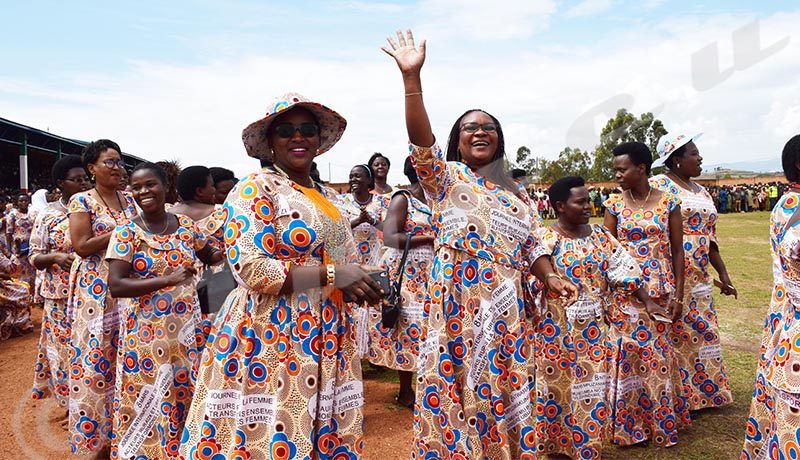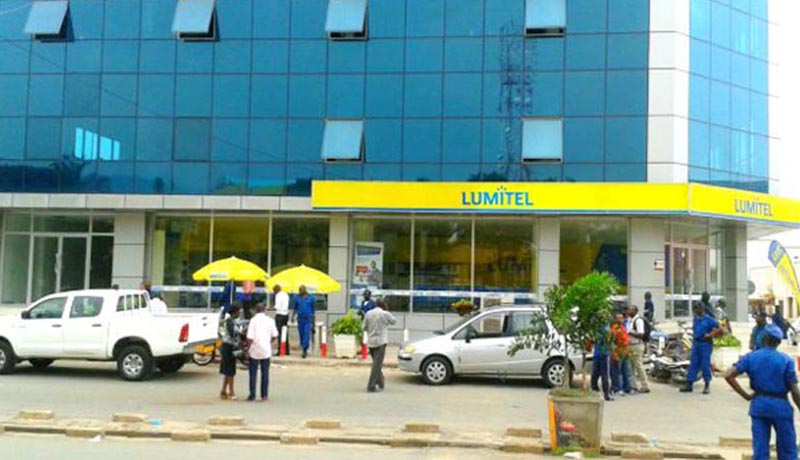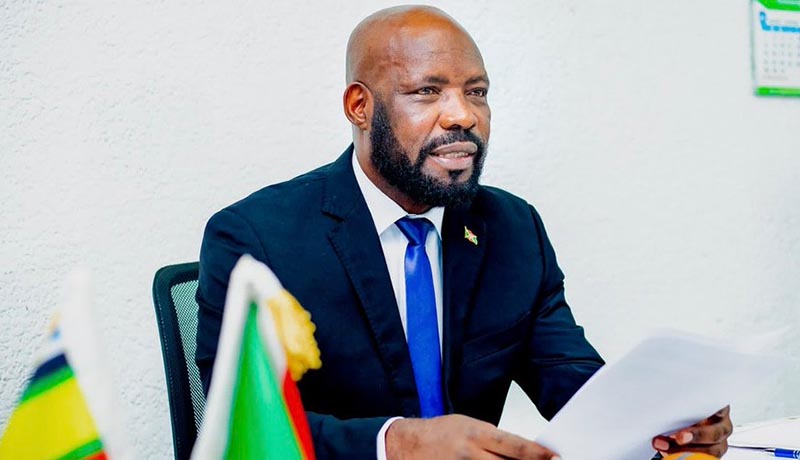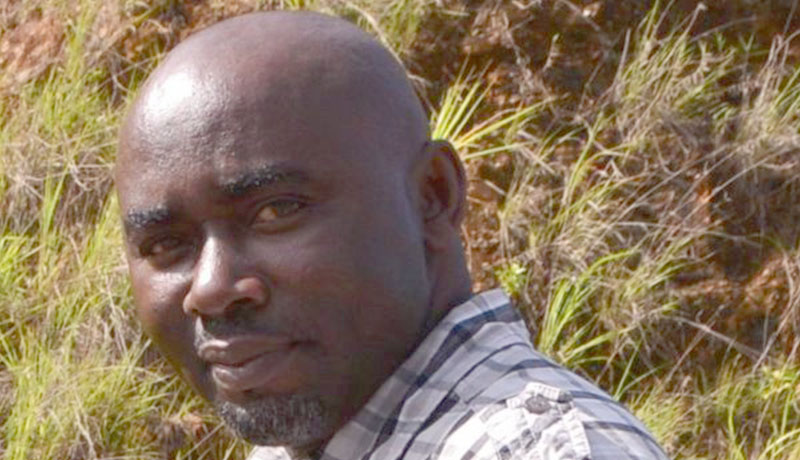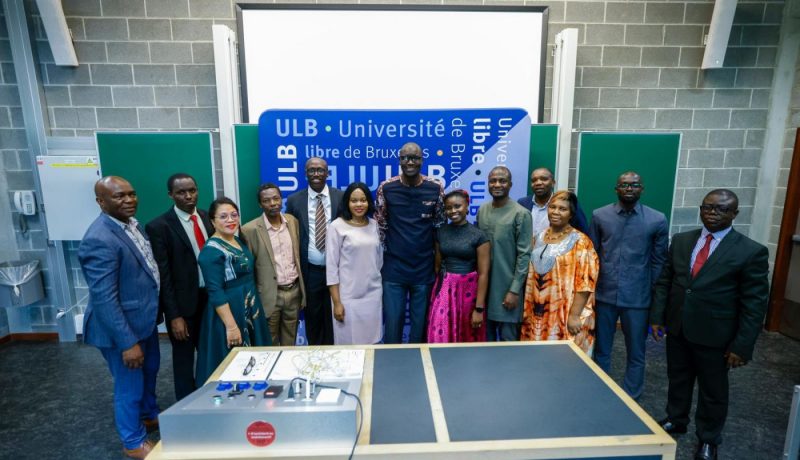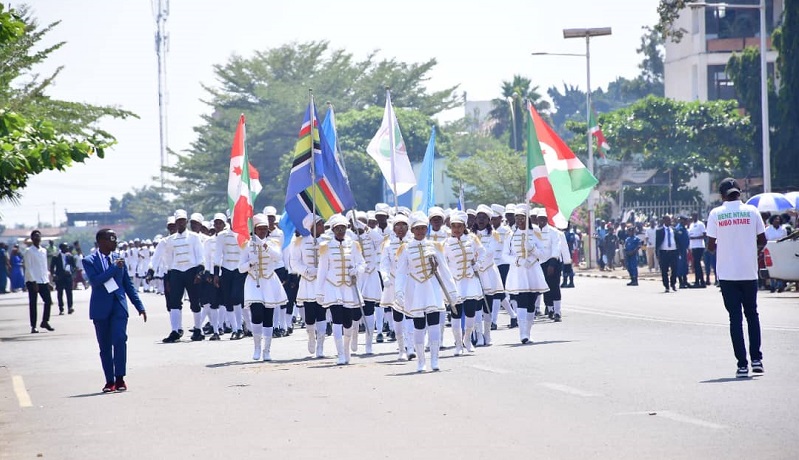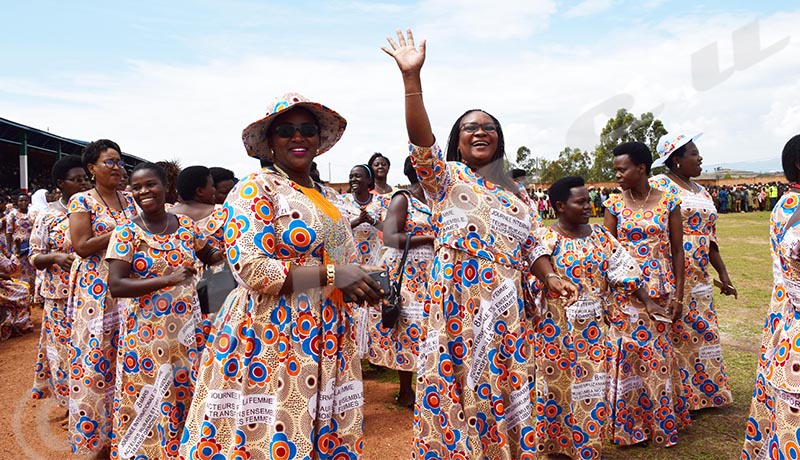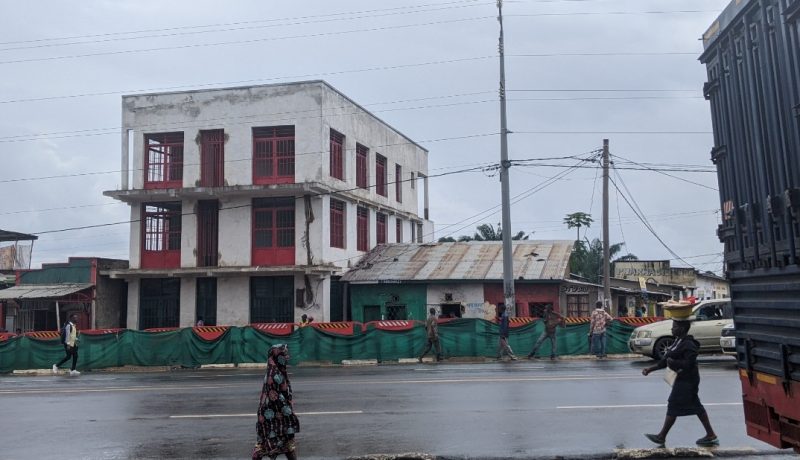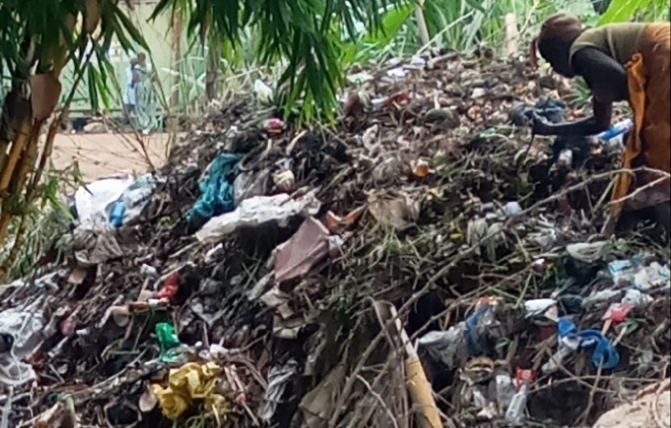Economic experts and politicians seem unable to agree on a timeframe for the introduction of the envisaged EAC single currency, for which negotiations began in January 2011.
The original deadline was the end of 2012, but that has since been set aside; the EAC nevertheless intends to complete negotiations for the union by the end of the year, according to recent press releases.
Those who will be most immediately affected by the single currency – businesspeople who engage in commerce across borders – are divided on the currency’s usefulness.
"It will be a big loss for Burundi to join a single currency because what we will import from member states on the same currency will increase in price. At least if we had something to export, things could work better. Also, the more the government produces banknotes, the more our purchase power is reduced,” said Eric Nsabimana, who works in Amizero Pictures, an audiovisual firm based in Bujumbura which does business with EAC partner states.
“We do not have the same economic policy from one country to another,” adds Thierry Nshimirimana, a cloth vendor at Bujumbura’s central market who imports cloth from EAC partner states.
“The more we buy cloth from partner states, with the taxes imposed on us by the OBR, the more difficult it is to move our product,” says Nshirimana. He says even if Burundi adheres to the monetary union, taxes will prevent merchants like him from making a profit.
“Some partner states are economically developed. We will always depend on those countries that are more developed than us. Then Burundi should wait and take into account the benefit and loss which could happen after the implementation.”
“As a seller, I will not get any advantages with the single currency,” says Dieudonné Nsengiyumva, Nshirimana’s colleague.
“Before we got a profit because Burundian money had value we buy the dollar at 1750 francs. When we get to Uganda, we exchange a dollar for 2000 shillings.” Nsengiyumva says he makes a profit from this transaction, which would be lost if the EAC switched to a single currency.
Views like Nsengiyumva’s would be disappointing to advocates of the single currency within the EAC, who cite a single exchange rate as one of the major advantages of monetary union.
“Burundi should wait,” concludes Nsengiyumva. “Getting a common currency now would be a bigger benefit for foreigners than for us.”
Justine N., a cloth vendor in Bujumbura’s central market, also thinks a move to a single currency is premature. “We vendors realize that the Burundian franc loses its value and changes over time; our income has no effectiveness now. To mean that even if Burundi takes part in the monetary union agreement, we have no hope to profit from a single currency. So, as far as I’m concerned, Burundi should wait at least one year to see if we could keep our income stable. Also, the OBR should review its taxes on goods, because we pay many taxes. Even if we will join the monetary union system, we will always have the tendency to raise prices of our goods in order to cover every tax and earn more. “
Waiting for a single currency
Not everyone sees it that way. Gerard N. is a vendor of glasses in Bujumbura Central Market. He believes the single currency will make his work easier. "When we go to buy goods in EAC member states, we have to take into account expenses we have on goods, on travels– money for tickets, stays, taxes and so on– then getting to the market we fix the prices,” he said. “Sometimes, considering all expenses, the prices that we fix for our goods are high, then we lose our customers…but when we will have the single currency, we won’t take into account those expenses because prices will be uniform, fixed, and unique for all goods in EAC member states. We won’t need to compare prices.”
“This single currency will be very important for us and we will benefit from it as we cross borders of Kenya and Uganda,” said Zipporah Mweni, a Kenyan saleswoman and organizer of the East African Products fair. “We lose so much money when we are exchanging from dollar to our national currency. When we cross we have to exchange the local money in the country where we sell our goods, to our national currency. Exchanging from shillings to dollars and dollars to Burundian francs causes us a huge loss. This is because the dollar is not stable and also because we don’t have a single currency. I am hoping for the monetary union to change that.”
